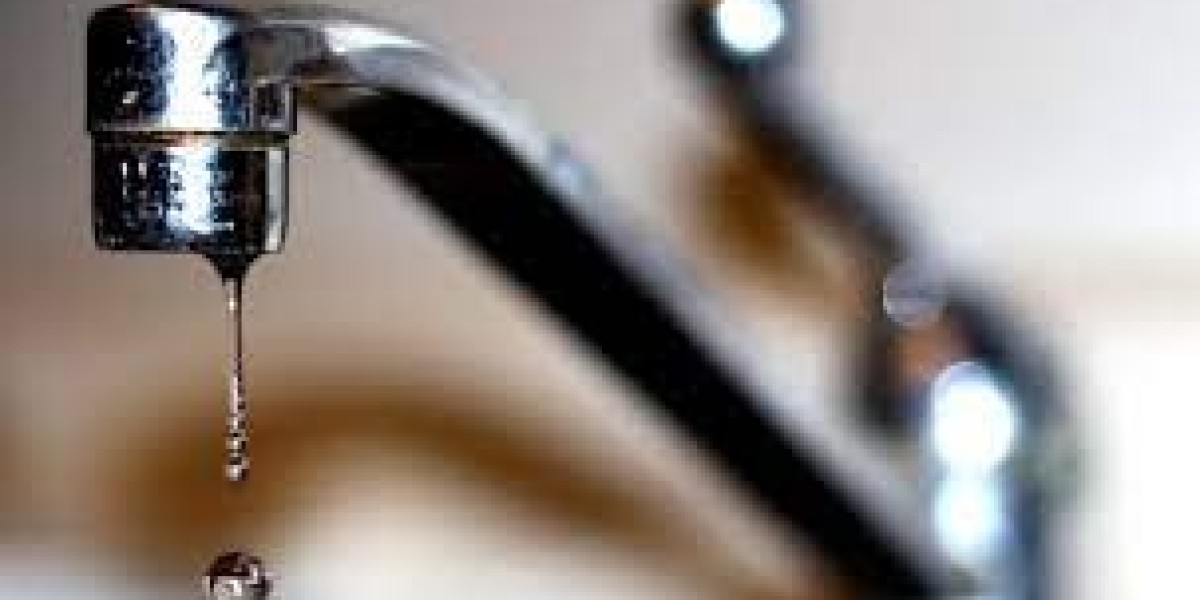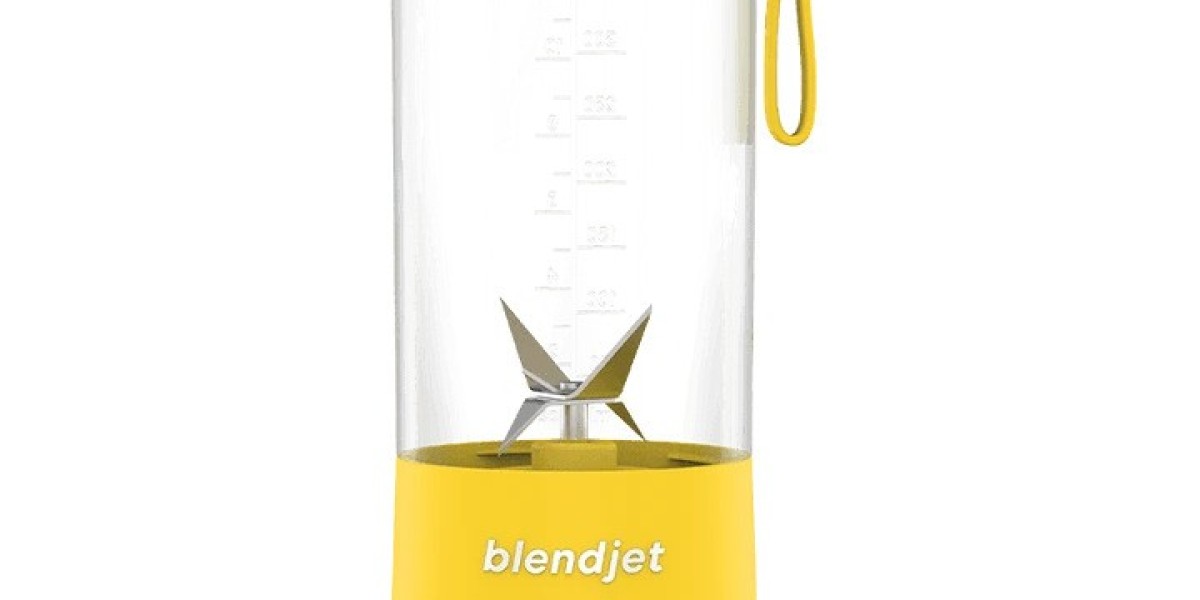Home Water Leak
Water leaks can be a major headache for homeowners. Not only can they cause significant damage to your property, but they can also lead to costly repairs. Detecting water leaks early is crucial in order to prevent further damage and save money. In this article, we will explore different methods to detect water leaks at home and provide some tips for prevention.
How to Detect Water Leaks
Detecting water leaks at home can be challenging, especially if they are hidden behind walls or under the ground. However, there are several methods you can use to identify and locate water leaks before they cause extensive damage. Here are some effective ways to detect water leaks:
1. Check Your Water Meter
One of the easiest ways to detect a water leak is by checking your water meter. Start by turning off all faucets and water-consuming appliances in your home. Then, locate your water meter and take note of the current reading. Wait for a couple of hours without using any water and recheck the meter. If the reading has changed, it indicates that there is a water leak somewhere in your home.
2. Monitor Your Water Bill
If you notice a sudden increase in your water bill without any change in your water consumption habits, it could be a sign of a water leak. Compare your current bill with previous months to see if there has been a significant spike. Consider contacting a professional plumber to inspect your plumbing system and locate the source of the leak.
3. Look for Visible Signs of Water Damage
Inspecting your home for any visible signs of water damage can help you identify potential water leaks. Look for water stains on ceilings, walls, or floors, as well as mold or mildew growth. Pay attention to any musty odors, as they can indicate hidden water leaks. If you notice any of these signs, it is essential to investigate further and address the issue promptly.
4. Conduct a Toilet Leak Test
Toilets are one of the most common sources of water leaks in homes. To determine if your toilet is leaking, remove the tank lid and place a few drops of food coloring into the tank. Wait for about 15 minutes without flushing. If the water in the toilet bowl changes color, it indicates a leak. Toilet leaks can often be fixed easily by replacing the flapper or seal.
5. Use a Water Leak Detection Device
Water leak detection devices can be highly effective in identifying hidden water leaks. These devices use advanced technology to detect even the smallest leaks and provide real-time alerts. Some devices are equipped with sensors that can be placed near potential leak sources, such as water heaters, washing machines, or under sinks. When a leak is detected, the device sends a notification to your smartphone, allowing you to take immediate action.
6. Hire a Professional Leak Detection Service
If you are unable to locate the source of a water leak or suspect a major hidden leak, it is recommended to hire a professional leak detection service. These professionals utilize specialized equipment, such as thermal imaging cameras and acoustic leak detectors, to pinpoint the exact location of the leak. Although it may involve an additional cost, hiring a professional can save you time and prevent further damage to your property.
Water Leak Prevention
Preventing water leaks is crucial in maintaining the integrity of your home and avoiding costly repairs. Here are some preventive measures you can take:
1. Regularly Check Your Plumbing System
Inspecting your plumbing system regularly can help you identify any potential issues before they escalate into major leaks. Check for any signs of corrosion, loose fittings, or worn-out pipes. Ensure that all connections are properly sealed and tighten any loose fixtures. If you notice any problems, it is advisable to seek professional help to fix them promptly.
2. Install Water Leak Detection Systems
Consider installing water leak detection systems in your home to provide early detection of leaks. These systems use a network of sensors placed strategically around your home to monitor water flow. When a leak is detected, an alarm is triggered, notifying you of the potential issue. Some systems can even automatically shut off the water supply to prevent further damage.
3. Insulate Exposed Pipes
Insulating exposed pipes can help prevent leaks caused by freezing temperatures or changes in weather conditions. Insulation helps maintain a consistent temperature and reduces the risk of bursting pipes. Ensure that all exterior pipes and those in unheated areas, such as basements or attics, are properly insulated.
4. Be Mindful of Water Pressure
High water pressure can put excessive stress on your plumbing system and increase the risk of leaks. Consider installing a pressure regulator to ensure that the water pressure in your home remains within a safe range. Excessive pressure can cause pipes to burst or joints to weaken over time.
5. Properly Maintain Your Appliances
Regularly inspect and maintain your household appliances to prevent water leaks. Check for any leaks or drips around your dishwasher, refrigerator, washing machine, and water heater. Replace worn-out hoses and connectors to minimize the risk of leaks. Follow the manufacturer's maintenance recommendations to prolong the lifespan of your appliances and reduce the likelihood of water damage.
DIY Water Leak Detection
If you prefer to take a hands-on approach to detecting water leaks, here are some do-it-yourself methods you can try:
1. Conduct a Faucet and Showerhead Inspection
Inspect all faucets and showerheads in your home for any leaks or drips. Even a small drip can waste a significant amount of water over time. Repair or replace any faulty fixtures to prevent water waste and potential damage.
2. Listen for Unusual Sounds
Pay attention to any unusual sounds, such as hissing or dripping noises, coming from your plumbing system. These sounds can indicate hidden water leaks. Inspect the surrounding areas and pipes for any signs of moisture or water stains.
3. Perform a Pool Test
If you have a swimming pool, it is essential to check for any leaks regularly. Conduct a simple pool test by marking the water level and observing it for 24 hours. If the water level drops significantly, it could indicate a leak. Consult a professional pool technician to locate and repair the leak.
4. Inspect Outdoor Sprinklers and Irrigation Systems
Check your outdoor sprinklers and irrigation systems for any leaks or malfunctioning components. Ensure that all sprinkler heads are properly adjusted and not spraying water in unwanted areas. Repair or replace any damaged parts to prevent water wastage.
By implementing these methods and staying vigilant, you can effectively detect water leaks at home and prevent potential damage. Remember, early detection and timely repairs are key to minimizing the impact of water leaks on your property and your wallet.
https://sites.google.com/site/alfahedclean/detect-water-leaks-in-riyadh-workers-filipina








